About IDI
Our Cross-Cutting Priorities
Our Results
Meet the IDI Board
IDI's Board is composed of ten members from different supreme audit institutions. Get to know them better in our "Meet the Board" series.
At IDI, we are dedicated to supporting Supreme Audit Institutions (SAIs) worldwide in strengthening their performance, independence, and impact. As part of this commitment, we are excited to announce that our SAI PMF Repeat Assessment Self-Learning Course—previously available only in English—is now accessible in Arabic, French, and Spanish. This expansion marks an important step towards ensuring that our capacity-building initiatives are more inclusive and accessible to a diverse global audience.
The SAI Performance Measurement Framework (SAI PMF) is a key tool for assessing and enhancing the effectiveness of SAIs. The ability to conduct repeat assessments using this framework is essential for tracking progress, identifying areas for improvement, and reinforcing accountability and transparency. With the availability of the self-learning course in multiple languages, we aim to empower more SAIs and audit professionals by providing them with the resources they need in a language that best supports their learning.
Our SAI PMF Repeat Assessment Self-Learning Course is designed to be flexible, accessible, and user-friendly, ensuring that participants can engage with the material at their own pace. The course includes:
The expansion of our self-learning course reflects our broader mission to foster stronger, more effective, and independent SAIs. By breaking language barriers, we ensure that more audit professionals can build their capacity, improve their methodologies, and contribute to more transparent and accountable governance.
Whether you are looking to enhance your skills, deepen your understanding of SAI PMF, or support your institution in strengthening its performance, this course provides the flexibility and resources to help you achieve your professional goals.
We invite all interested professionals to take advantage of this valuable resource and embark on their SAI PMF learning journey today. Access the course in your preferred language by viewing instructions in Arabic, French or Spanish, and learn more about SAI PMF by visiting our SAI PMF programme page.
Two highly interactive Design and Development Workshops on Follow-Up for Audit Impact and Systems for Audit Quality Management took place in Kathmandu, Nepal, from 10-21 February 2025.
A well-defined strategy is the backbone of a high-performing Supreme Audit Institution (SAI). Without it, institutions risk becoming inefficient, uncoordinated, and unable to fulfil their mission of strengthening transparency and accountability. Recognising this, INTOSAI Development Initiative (IDI) launched the fourth round of the Strategy, Performance Measurement, and Reporting (SPMR) initiative in CAROSAI from 3-7 February 2025, bringing together Heads of SAIs and team leaders from the Bahamas, Belize, Curaçao, Grenada, Jamaica, and Suriname. Hosted by SAI Curaçao in Willemstad, this workshop set the stage for these institutions to develop strong strategic plans that drive meaningful change.

During the workshop, participants discussed the disadvantages of working without a strategic plan, which can cause “frustration,” “disorganisation,” and even “organisational chaos.” Without a clear direction, SAIs struggle to allocate resources effectively, set priorities, and measure their performance. These challenges weaken their ability to hold governments accountable and ensure public funds are used effectively.
To counter this, discussions focused on key elements of strategic planning, including:
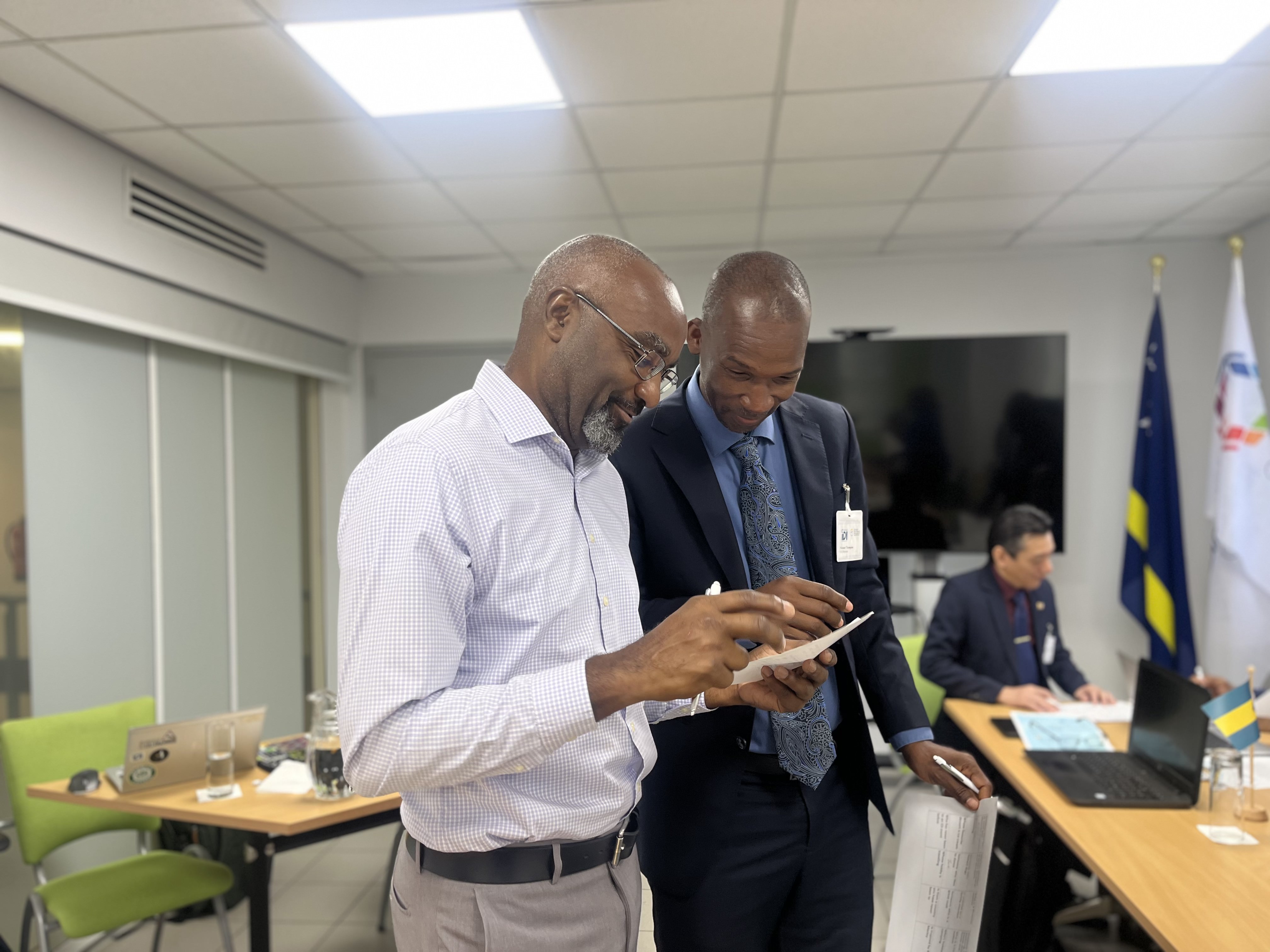
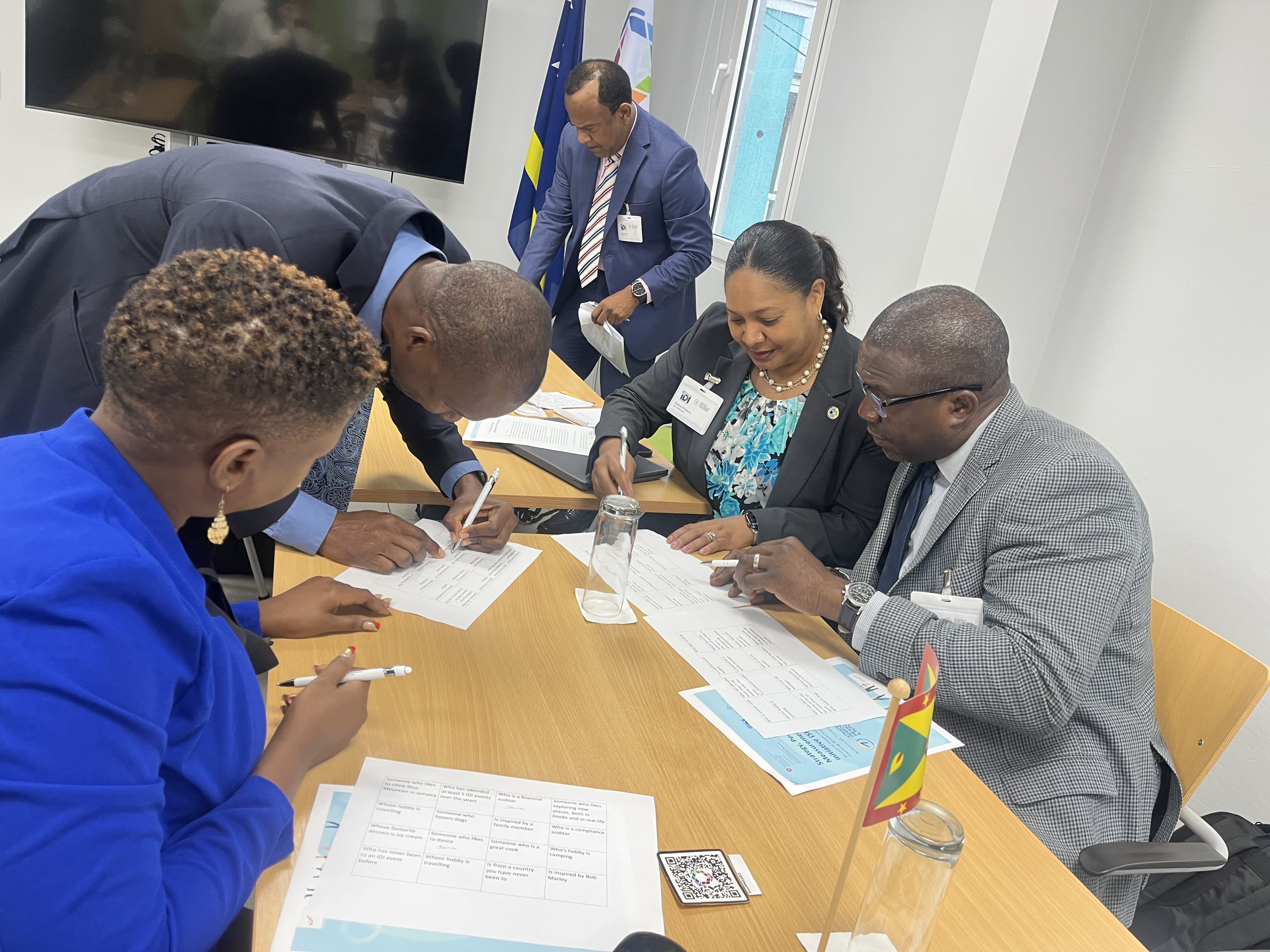
Guided by the IDI Strategic Management Handbook, participants worked through essential steps for building an effective strategy. They examined how to:
This workshop is just the first step. SAIs will now refine their strategic plans and move into operational planning, performance monitoring, and reporting—ensuring their strategies translate into real-world impact. By the end of the initiative, each participating SAI will have a roadmap that not only guides their internal decision-making but also strengthens their role as independent oversight bodies.
One of the key highlights of the event was the opportunity for SAIs to learn from each other. Participants exchanged ideas, shared challenges, and collaborated on solutions tailored to their unique national contexts. The peer-learning approach fostered a sense of shared responsibility for improving governance and accountability across the region.
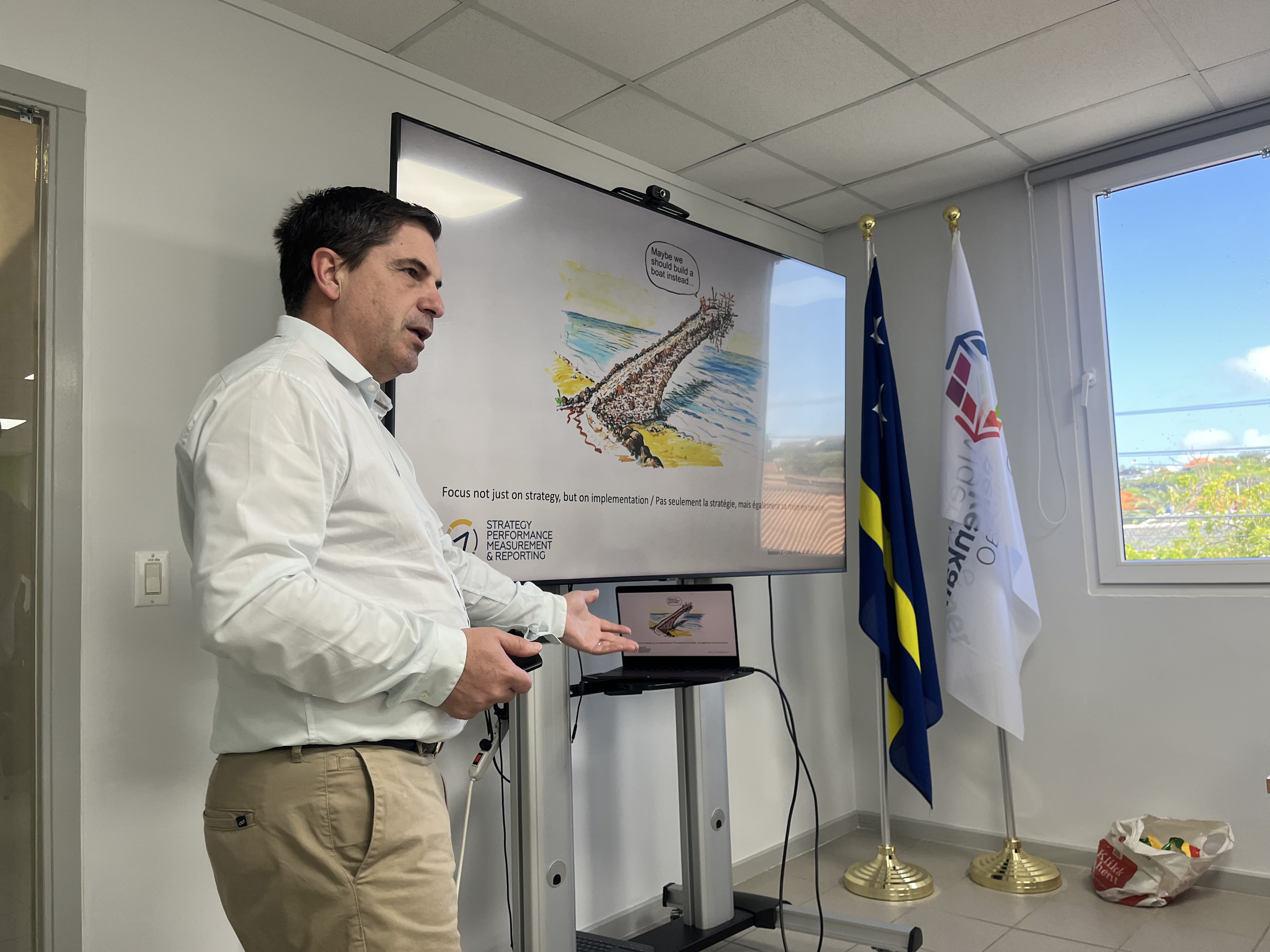

SAIs without strategic plans face inefficiencies and a reduced ability to fulfill their mandate. During the workshop, an emphasis was placed on evidence-based planning and stakeholder engagement as critical for effective strategic management, helping SAIs align their objectives with national priorities. A well-structured strategy can not only strengthen accountability and transparency, but also enhance decision-making, resource allocation, and risk management. Additionally, the event highlighted the power of peer learning and collaboration in refining strategic approaches and fostering regional cooperation.
As participating SAIs advance in their planning process, these insights will help them build more resilient and impactful institutions for the benefit of citizens. Moving forward in this journey, the lessons from this workshop will help shape stronger, more resilient institutions capable of delivering lasting benefits for citizens. IDI extends its heartfelt thanks to SAI Curaçao for hosting this important gathering and creating an environment where collaboration and learning could thrive. The SPMR initiative is made possible through the generous support of the Swiss State Secretariat for Economic Affairs (SECO).
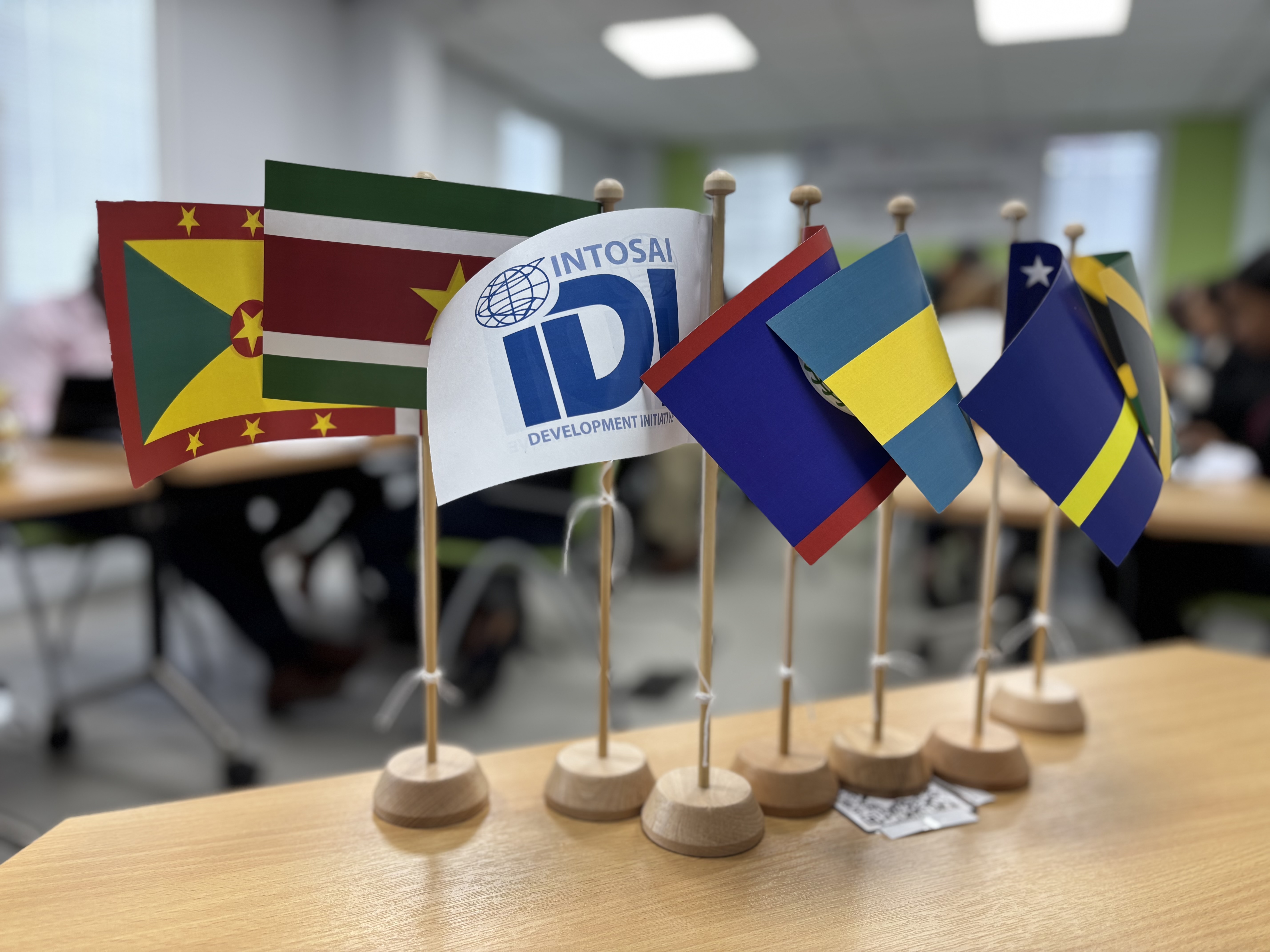
What happens when Supreme Audit Institutions (SAIs) and Civil Society Organisations (CSOs) come together to reimagine accountability? Stronger institutions, greater transparency, and better outcomes for citizens.
This week, key accountability actors from across Asia convened for the ASOSAI Regional Workshop on Enhancing SAI-CSO Engagement, co-hosted by the INTOSAI Development Initiative (IDI), ASOSAI Secretariat, the Commission on Audit (SAI Philippines), the INTOSAI Capacity Building Committee Task Force on Citizen Participation, and the Open Government Partnership (OGP). The event focused on bridging gaps, fostering collaboration, and equipping SAIs and CSOs with tools to enhance public financial management and governance.

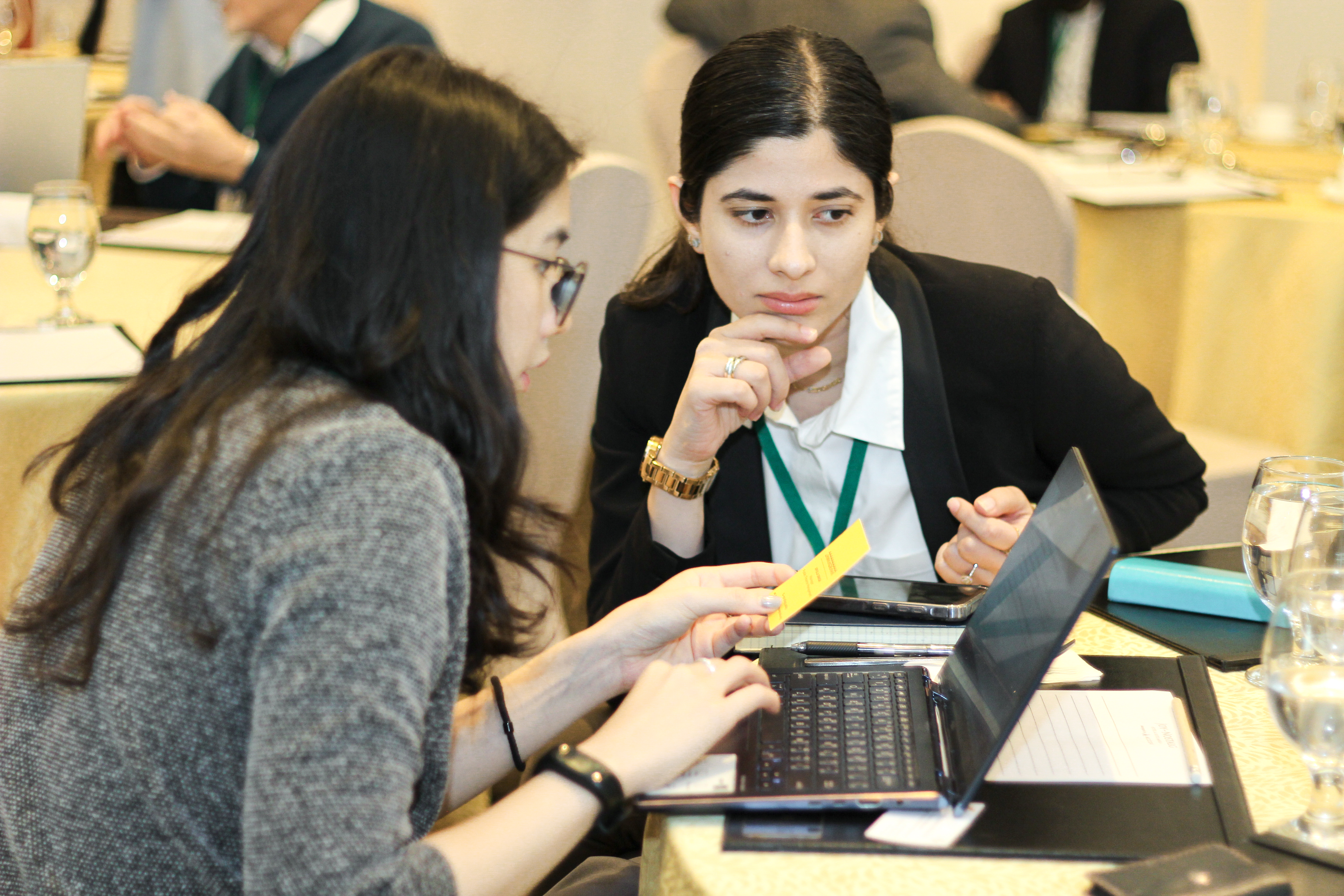
SAIs play a critical role in ensuring public funds are used effectively, while CSOs amplify transparency efforts and hold governments accountable. When these two forces collaborate, the result is stronger oversight, better service delivery, and more trust in institutions. However, despite its importance, engagement between SAIs and CSOs remains inconsistent across many countries. This workshop aimed to break down barriers, explore best practices, and develop actionable roadmaps for meaningful collaboration.
Key Takeaways
Effective partnerships require a deep understanding of the national landscape. Participants mapped key players and discussed how to tailor engagement strategies to their specific country contexts.
SAIs and CSOs have different strengths, but by working together, they can enhance public financial management and governance. Discussions highlighted successful engagement models and how to adapt them across diverse country settings.
From open data initiatives to digital tools, technology is reshaping accountability. Participants explored how tech-driven approaches can increase citizen participation and improve transparency.
An independent SAI is a more effective SAI. CSOs can play a vital role in safeguarding SAI independence by advocating for stronger legal frameworks and amplifying challenges SAIs face.
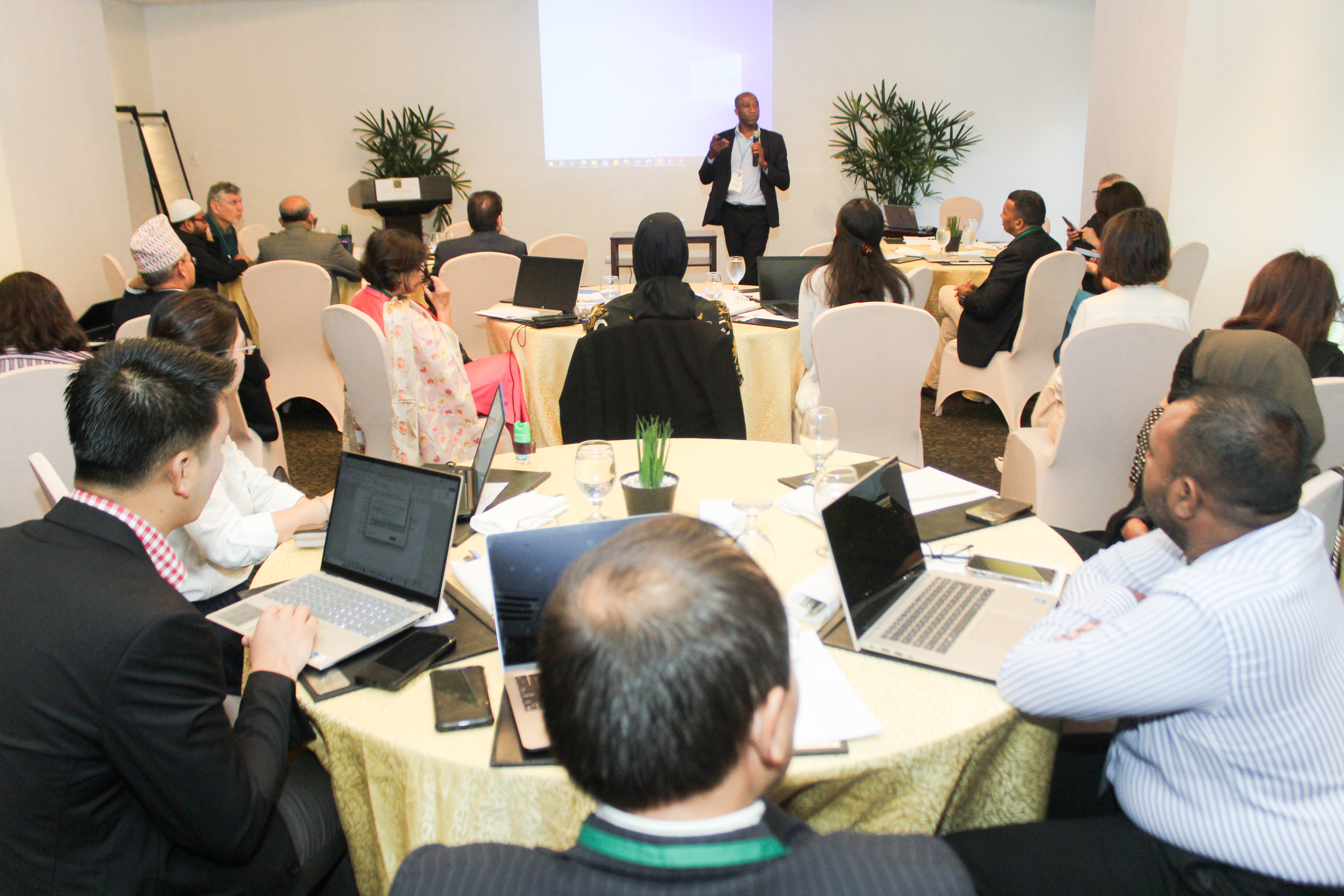


The momentum built at the ASOSAI Regional Workshop won’t stop here. Through these working sessions, participants have now co-developed action plans and a regional rollout strategy through 2026, ensuring continued engagement beyond the event. The insights, strategies, and commitments made will fuel ongoing collaboration, influence national accountability agendas and could contribute to stronger, more transparent institutions across Asia.
We extend our gratitude to all our partners, speakers and participants for making this event a success. Stay tuned for updates on how these discussions translate into action!

Investigative journalism plays a crucial role in holding public institutions accountable. To support this vital oversight work, the INTOSAI Development Initiative (IDI) and the Office of the Auditor General (OAG) Zambia hosted an Investigative Journalism Workshop from February 4-6, 2025, in Lusaka. Part of the CADRE Project, the workshop aimed to equip journalists with the skills to analyse audit reports, uncover critical financial management issues, and translate complex findings into compelling stories that drive action.
The CADRE Project, funded by the French Ministry for Europe and Foreign Affairs, is jointly implemented by IDI and Transparency International (TI), with OAG Zambia and TI-Zambia leading efforts at the country level. The project fosters collaboration between Supreme Audit Institutions (SAIs) and Civil Society Organisations (CSOs) to enhance transparency, accountability, and SAI independence.
This three-day workshop brought together 17 media houses from across Zambia, focusing on investigative techniques that help translate complex audit findings into compelling stories that inform the public and drive action.
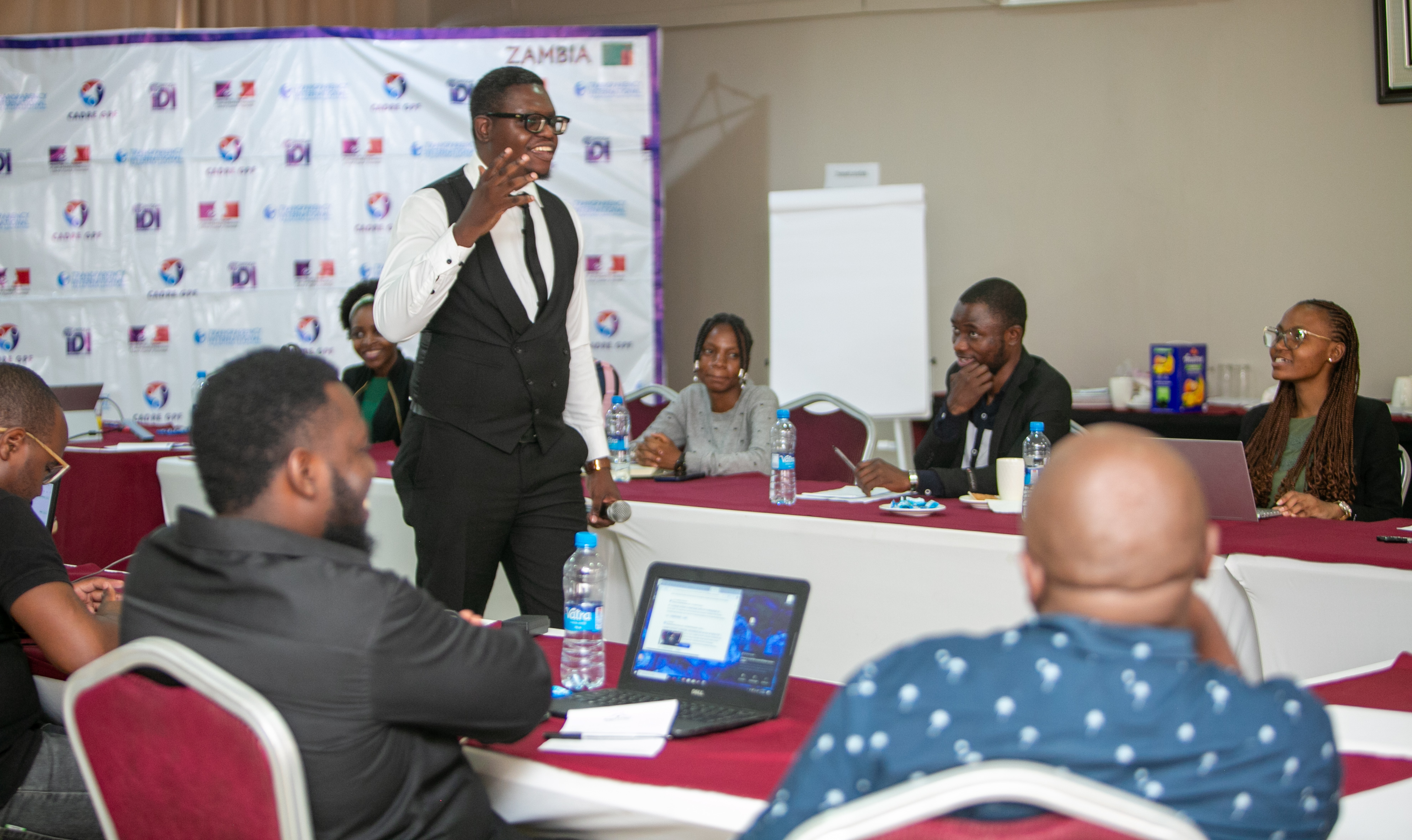
The event was officially opened by Zambia’s Auditor General, Dr. Ron Mwambwa, and Transparency International Zambia’s Executive Director, Mr. Maurice Nyambe. Dr. Mwambwa underscored the importance of media collaboration with the OAG, emphasizing that investigative journalism can transform audit findings into meaningful action by exposing inefficiencies and misconduct in public finance management. He also stressed the need for responsible and factual reporting.
Mr. Nyambe echoed these sentiments, highlighting the media’s role as a key player in the fight against corruption. He called for stronger partnerships between journalists, CSOs, and audit institutions to ensure public funds are used transparently and effectively.
Speaking at the opening, IDI reinforced the workshop’s objective: empowering journalists with the knowledge and tools to interpret financial oversight data and produce impactful investigative reports that promote good governance.
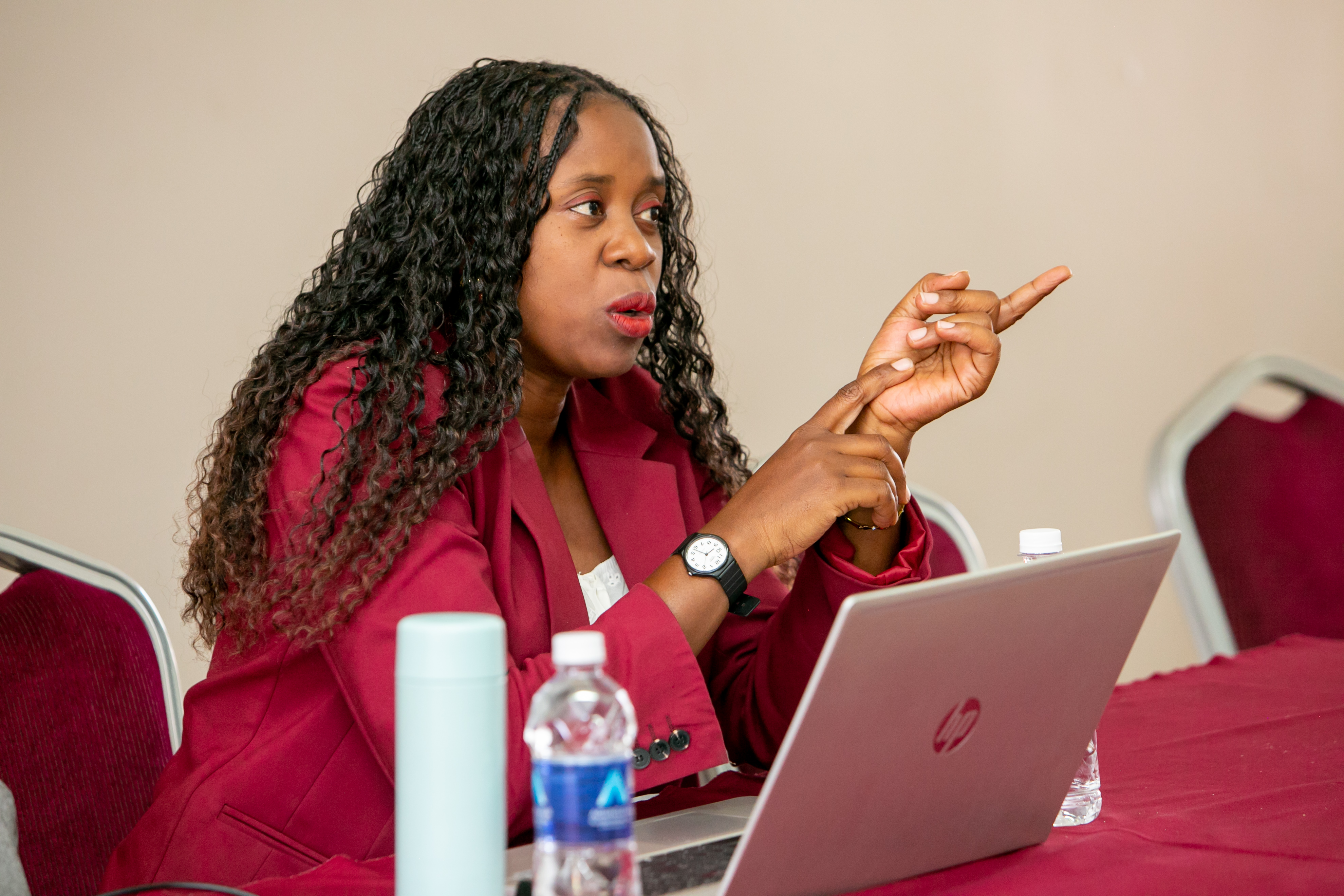

Investigative journalism plays a crucial role in holding public institutions accountable. To support this vital work, the INTOSAI Development Initiative (IDI) and the Office of the Auditor General (OAG) Zambia hosted an Investigative Journalism Workshop from February 4-6, 2025, in Lusaka. Held under the CADRE Project, the workshop equipped journalists with the skills to analyse audit reports, uncover financial mismanagement, and transform findings into compelling stories that drive action.
Led by investigative journalism expert Mr. Joseph Mwenda of News Diggers, along with facilitators from OAG Zambia, TI-Zambia, and BBC Media Action, the sessions provided in-depth training on key topics:
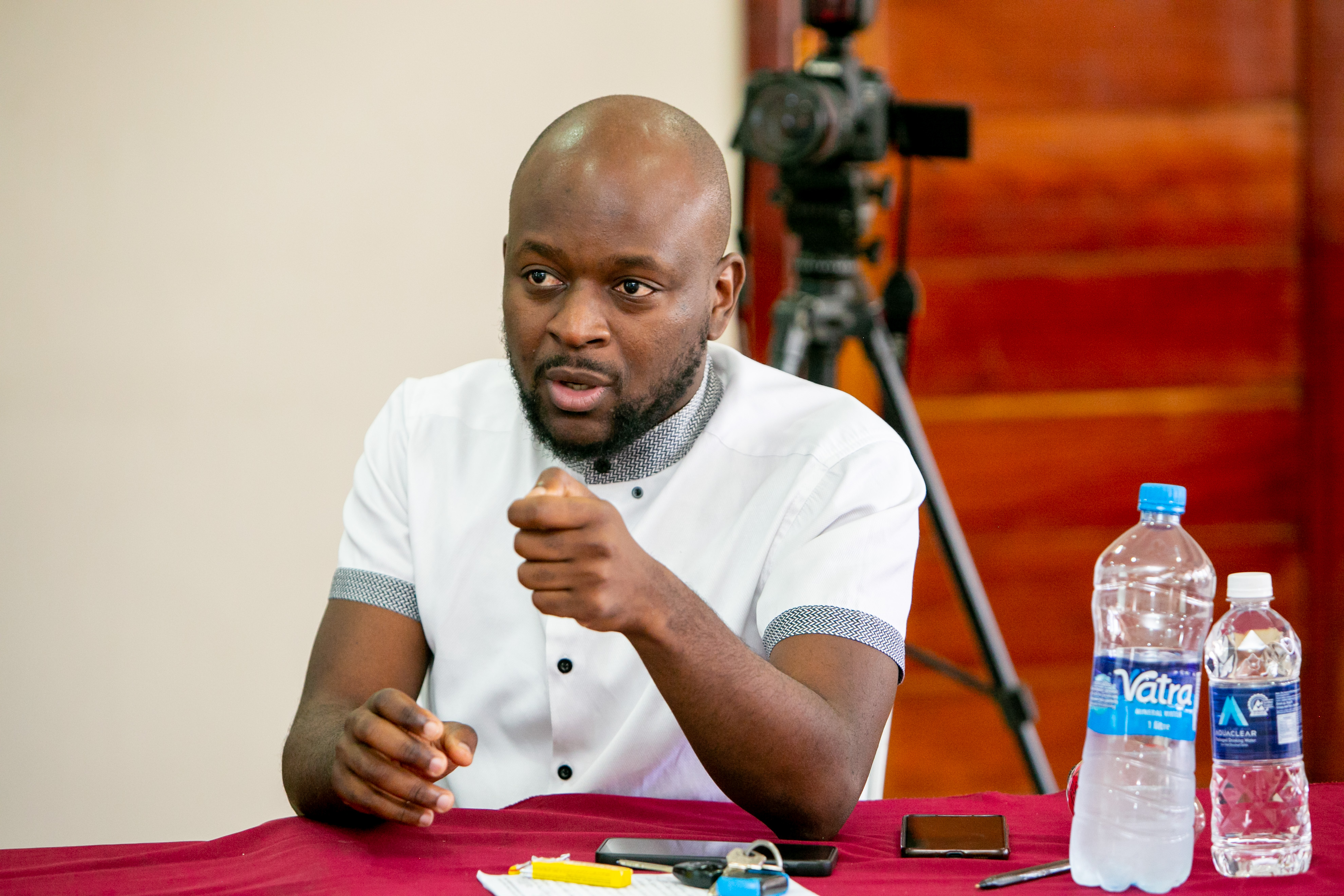
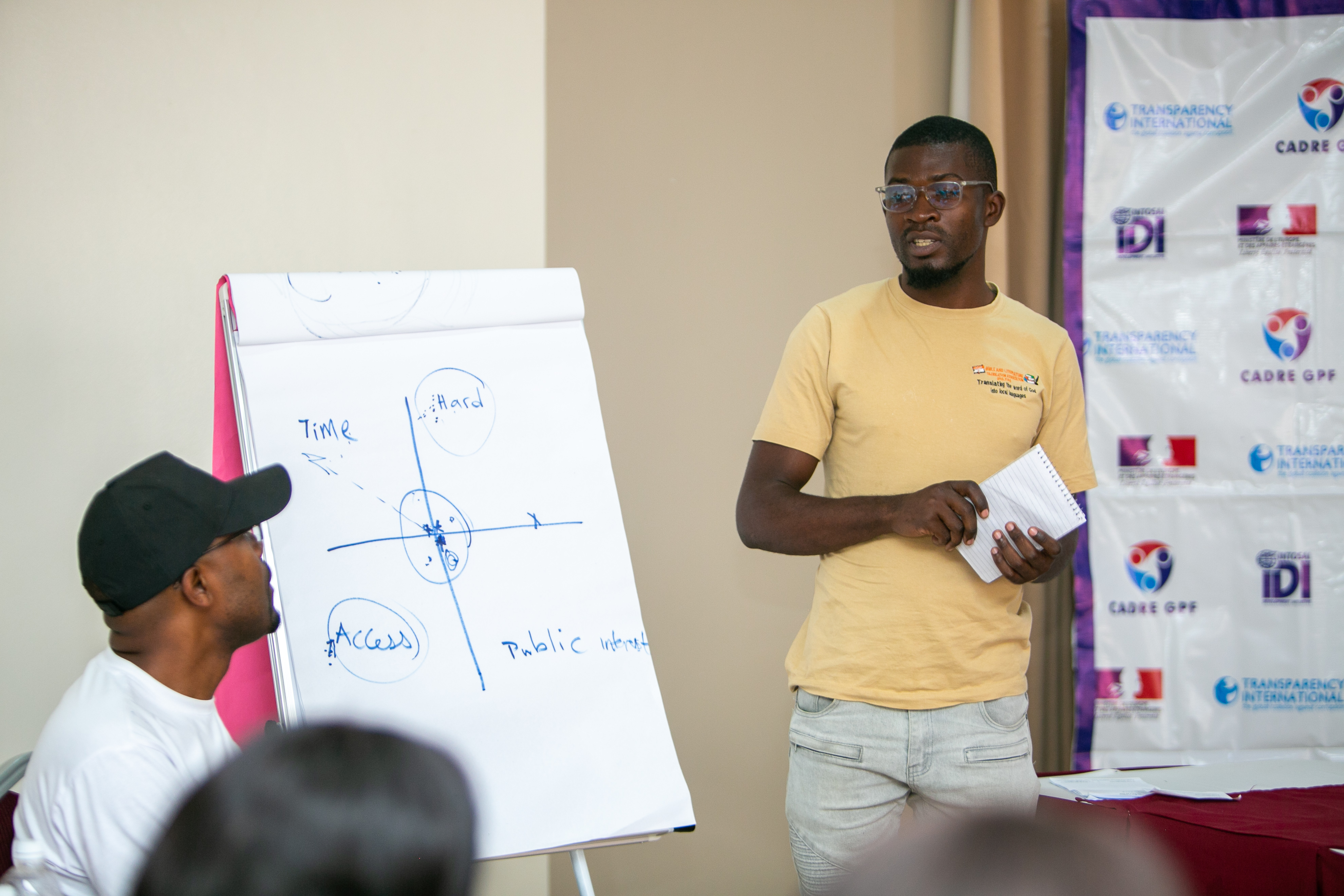
By the end of the workshop, participants developed key action points to implement before the next session in March 2025, including publishing investigative stories based on findings from the OAG 2023 Report and conducting in-depth investigations into critical issues highlighted in audit reports.
The second phase of the workshop, taking place next month, will continue to build on these efforts, further refining investigative techniques and strengthening collaboration between journalists, CSOs, and SAIs.
This workshop reaffirmed the vital role of investigative journalism in ensuring that audit findings lead to real governance improvements. Through the CADRE Project, IDI, OAG Zambia, and their partners remain committed to supporting journalists and accountability actors in the mission to promote transparency and impactful storytelling.
Stay tuned for updates from the March 2025 follow-up workshop!
The United Nations’ 2030 Agenda is the first global plan to address social challenges through the Sustainable Development Goals (SDGs).
IDI is pleased to invite SAIs to join the IT Strategy Development Programme under the pICTure initiative.
The Global Summit on SAI Audits Contributing to Digitalisation and Sustainability, held on November 18-19, 2024, in Tbilisi, Georgia, marked a significant milestone in the collective efforts of Supreme Audit Institutions (SAIs) worldwide towards current and emerging trends about sustainability and digitalisation.
The joint IPU-IDI workshop on Public Engagement marked a historic first-time occasion for CAROSAI engagement with regional members of Parliaments.
SAI Leadership and Parliamentarians come together for Sustainable Performance Audit Practices at the High-Level Dialogue on SAI-Parliament Cooperation, Manila, Philippines on 2–3 December 2024.
The 2nd LEGSAI Initiative Meeting of Experts, hosted by SAI Poland (NIK) and the INTOSAI Development Initiative (IDI), in Warsaw, Poland from 26–29 November 2024, brought together global experts to advance this critical agenda.
This month, stakeholders from civil society and integrity institutions have been making significant strides in promoting good governance and accountability in Malawi.
Equal Futures Audit
Equal Futures Audit (EFA)